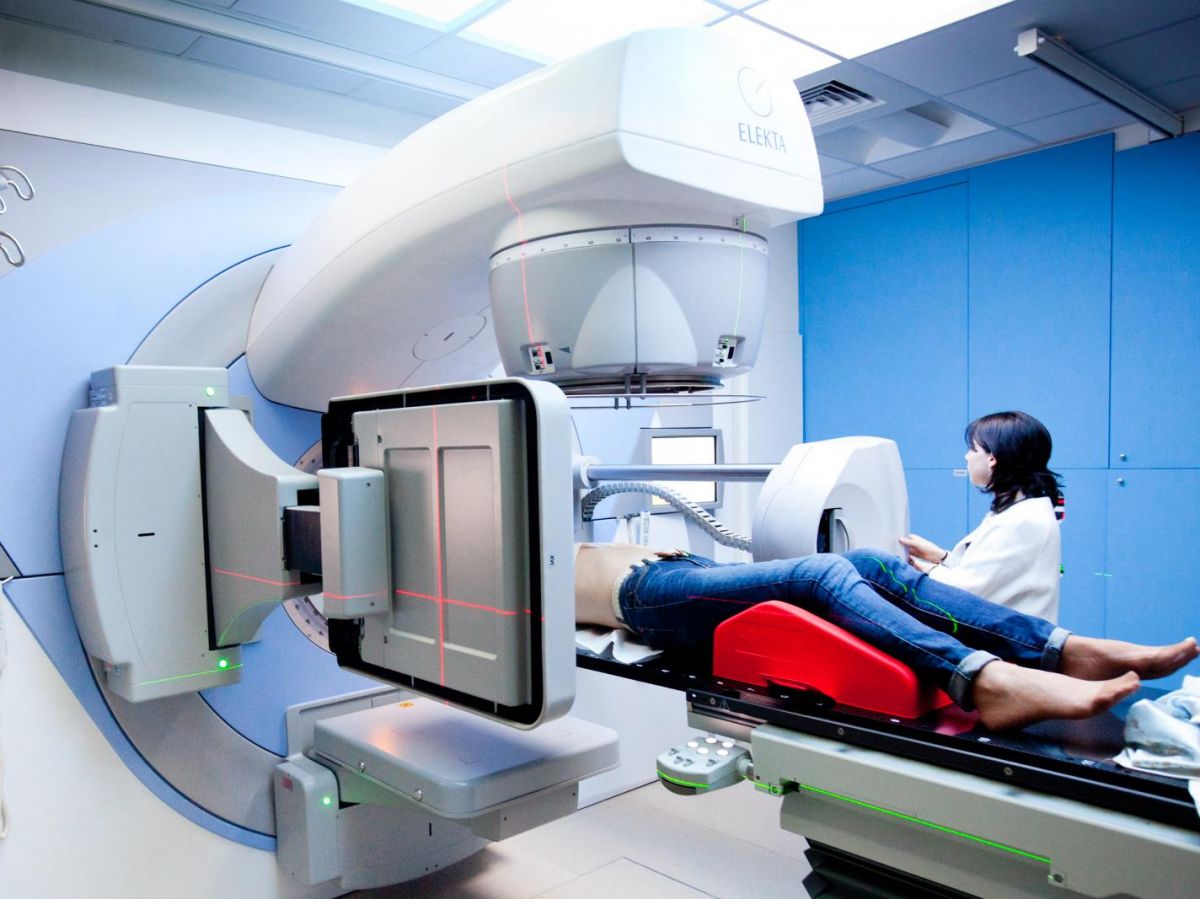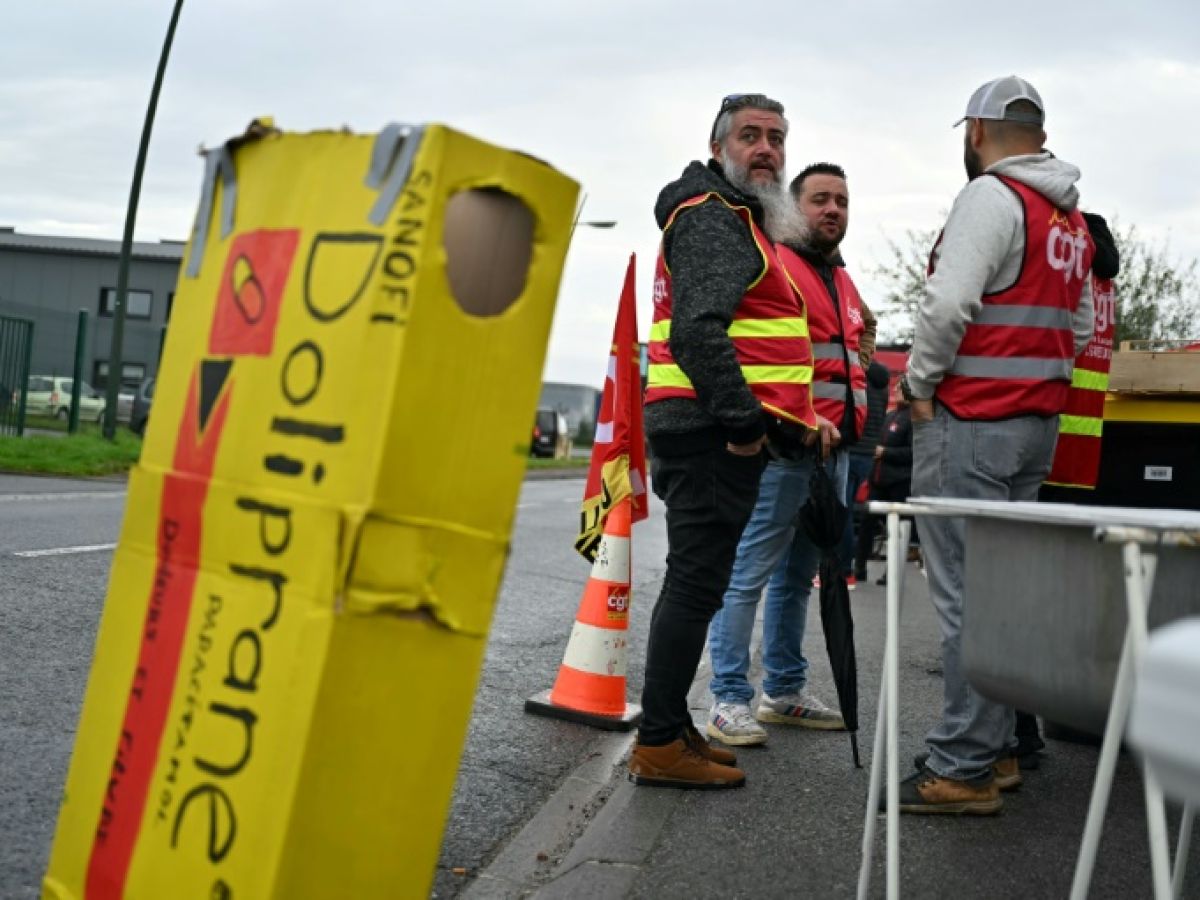In France, radiotherapy is used in the treatment of 60 % cancers, at one time or another during their management. It works by irradiating cancer cells to destroy them. It revolutionized medicine nearly 130 years ago, and yet radiotherapy continues to puzzle scientists. While its mechanism of action is known, it remains that it can lead to cell death in different ways. And some are more effective than others… But why? Until now, scientists did not understand how radiotherapy could cause these variations in cell death.
Researchers at the Children's Medical Research Institute in Australia have unravelled this mystery and identified the most effective pathway. In some cases, the irradiated cell dies while dividing and does not arouse suspicion from the immune system. But, more interestingly, when the irradiated cell dies, it sometimes triggers a reaction from the immune system. The latter participates in the collective effort and in turn eliminates other cancer cells. This is the pathway that scientists now want to stimulate, and several leads are already emerging. Their discovery of the mechanisms underlying these heterogeneous reactions could well improve the treatment and cure rate of cancers. The study was published in the journal Nature Cell Biology.


